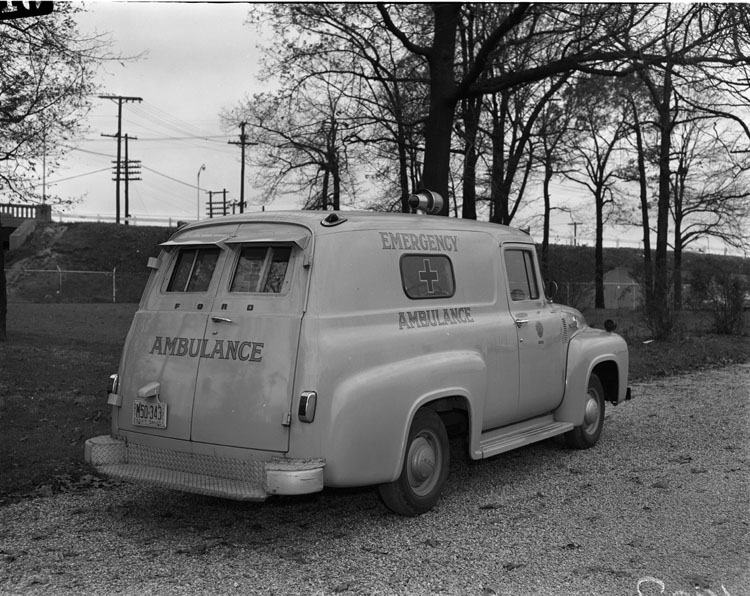 They are there when a little boy falls out of a tree or when there is a train crash. Who? Ambulance crew. So, what does the comms look like?
They are there when a little boy falls out of a tree or when there is a train crash. Who? Ambulance crew. So, what does the comms look like?
Let’s be honest, paramedics are sexy. They wear uniforms, save lives at the scene of major incidents and race around in cars, motorbikes and other vehicles with flashing blue lights.
It’s this appeal that leads to our first challenge: staying focussed on our corporate objectives when lots of our staff and the makers of everything from Junior Paramedics, to 999 What’s Your Emergency and Soho Blues want us to be involved in their observational series?
The temptation and lure of TV is big, but we need to establish what impact a resource-sapping documentary will have on emergency calls and our key priorities.
It’s this inherent interest in 999 services that leads to our next challenge: social media. Unlike NHS staff in a hospital, our ambulance crews often perform their life-saving duties in the full glare of the public. While hospitals would need to give permission for their medics to be filmed, on the street there could be a Twitter hashtag, posts on Facebook and a film on Youtube before anyone’s phoned the press office.
When the ceiling falls in on a theatre or a helicopter crashes in Lambeth, the media and public turn to us as a trusted source to quash rumours, reassure and confirm what’s happened. Getting accurate information cleared quickly while the phone rings off the hook and journalists use every ‘off the record’ tactic to tell them something, anything, is another challenge. All the while our projects we were working on fall by the wayside.
And of course these incidents nearly always happen outside of office hours. Which leads to our fourth challenge: When local papers have staff reporters on duty at weekends and night editors on nationals aren’t snoozing in the corner but updating online copy, how can we provide a 24 hour media response with limited resources? While out of hours calls used to be rare and significant, we now get enquiries most evenings and weekends about anything from a minor RTC to the death of a celebrity.
But perhaps our greatest challenge of all is closer to home: How do we engage with our mobile workforce who only start and end their shift in an ambulance station and spend their day or night going from call to call?
The challenges of ambulance comms means every day is different and it’s why I think is it’s one of the best jobs in PR.
Anna Macarthur is Communications Manager at London Ambulance Service NHS Trust.
It would be ace if you signed-up for our weekly email so you don't miss out. You can do that here.
